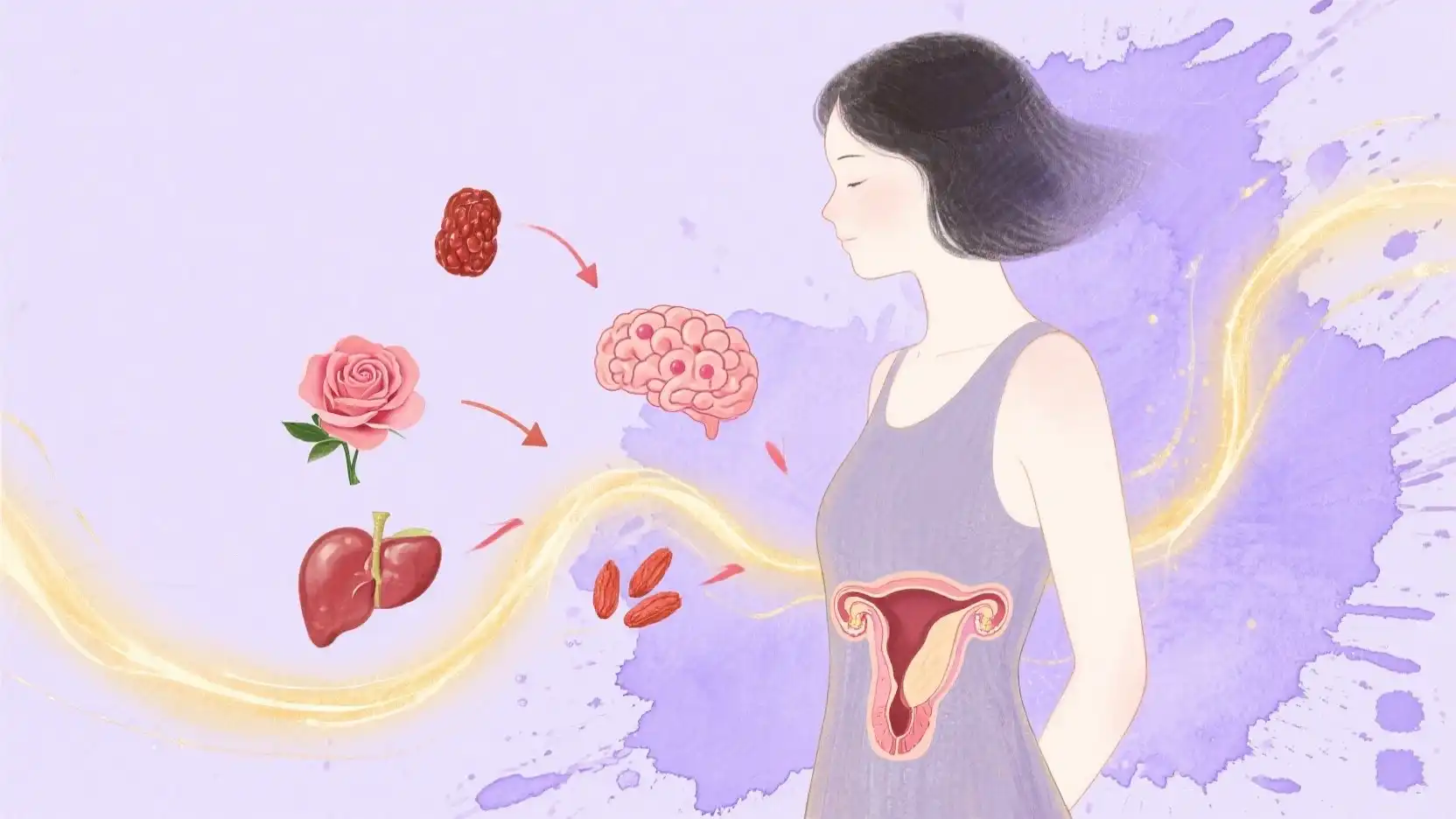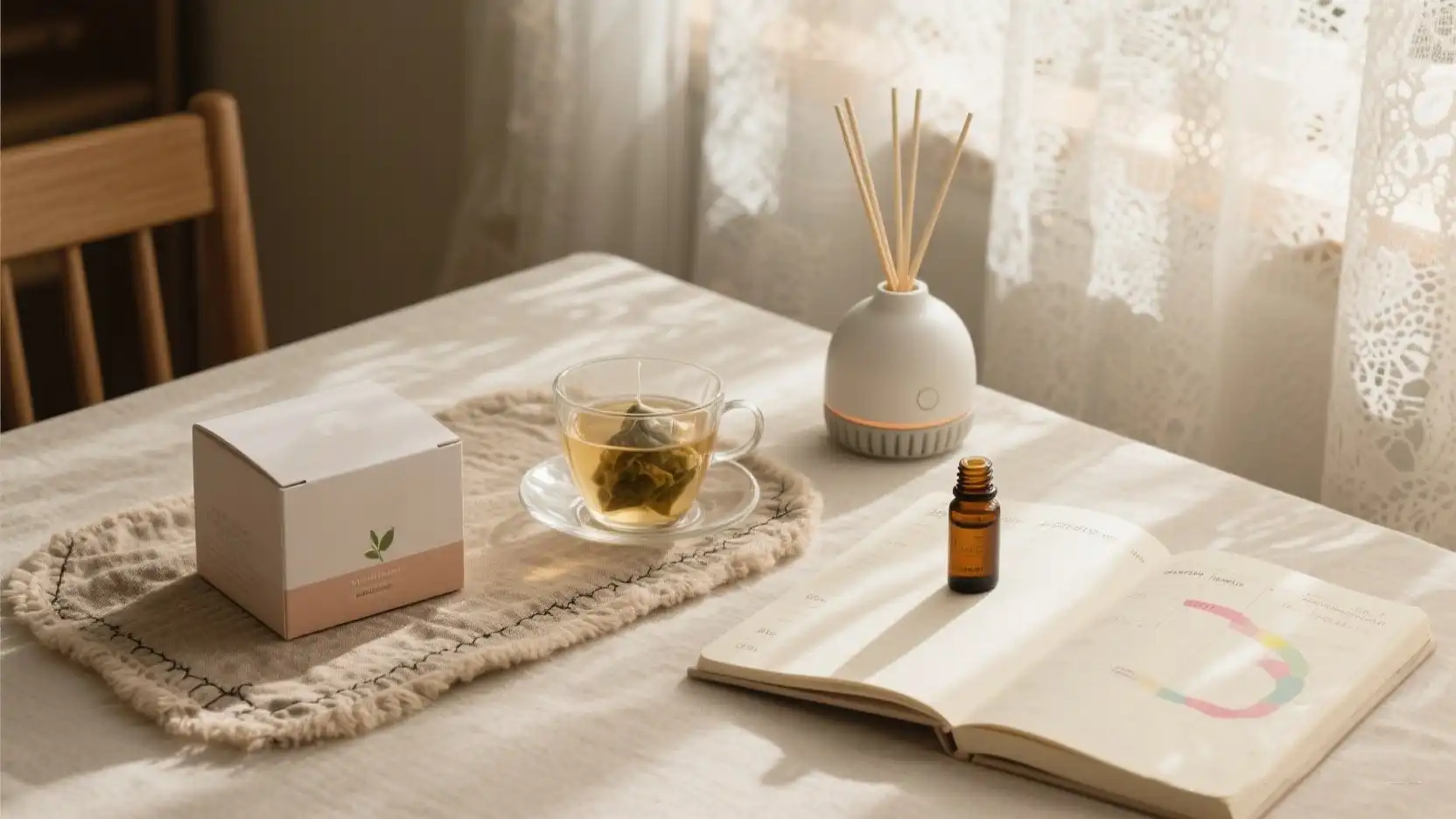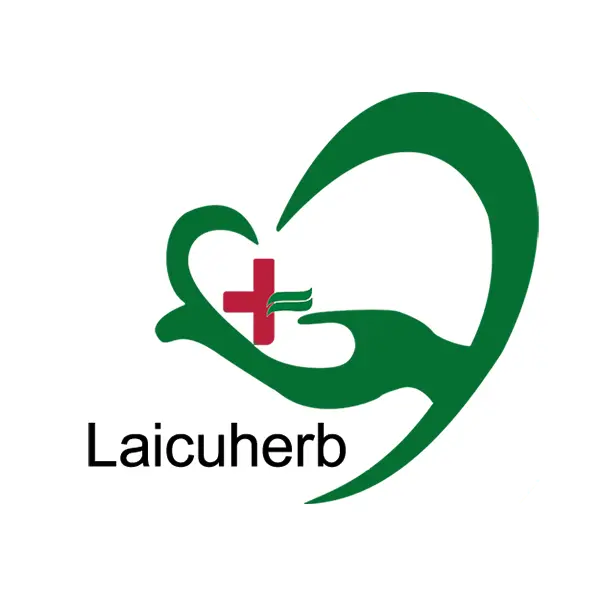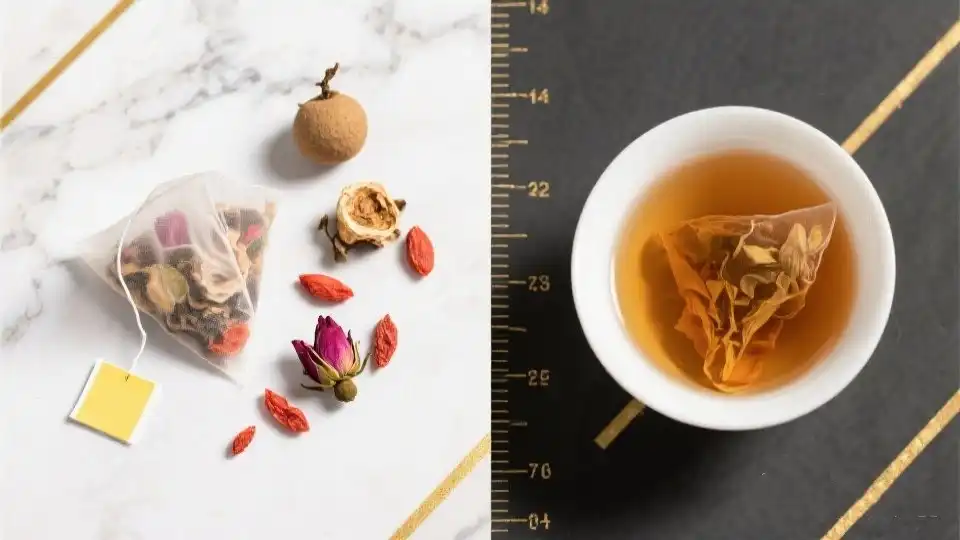How Do Longan and Red Dates Enhance the Flavor and Benefits of Womb Cleansing Tea?
The inclusion of longan and red dates in cleanse womb cleansing tea brings a delightful sweetness and depth to the blend while offering numerous potential health benefits. Longan, known as "dragon eye" in Chinese, is a small fruit that has been used in traditional medicine for centuries. Its subtle, floral sweetness complements the rich, caramel-like notes of red dates, creating a balanced and satisfying flavor profile.
Longan is renowned for its potential to support blood health and provide a gentle energy boost. It contains iron, which may help in maintaining healthy blood circulation, particularly beneficial for women who experience heavy menstrual flow. The fruit is also rich in vitamin C, contributing to overall immune system support.
Red dates, or jujubes, are a powerhouse of nutrients, including vitamins B and C, as well as minerals like potassium and iron. These nutritious fruits are believed to help nourish blood, support the digestive system, and promote a sense of calm. Their natural sweetness not only enhances the tea's flavor but also makes it a delightful alternative to sugary beverages.
The Synergistic Effects of Longan and Red Dates
When combined, longan and red dates create a synergistic effect that may amplify their individual benefits. This duo is often used in traditional Chinese medicine to support women's health, particularly in regulating menstrual cycles and alleviating discomfort associated with menstruation. The blend of these two ingredients in womb cleansing tea offers a holistic approach to women's wellness, addressing both physical and emotional aspects of menstrual health.
What Makes Wolfberry and Roses Add Aromatic Depth to This Herbal Blend?
Wolfberry, commonly known as goji berry, and roses are key components that elevate the aromatic profile of cleanse womb cleansing tea, while also contributing to its potential health benefits. These ingredients not only enhance the sensory experience of drinking the tea but also bring their unique properties to the blend.
Wolfberries are celebrated for their rich antioxidant content, particularly zeaxanthin, which may support eye health. These small, vibrant berries impart a subtle sweetness and a slightly tangy flavor to the tea, complementing the sweetness of longan and red dates. Wolfberries are also a source of vitamin C and iron, further supporting the tea's potential benefits for women's health.
Roses add a delicate floral aroma to the blend, creating a soothing and luxurious drinking experience. Beyond their enchanting scent, roses are known for their potential to support emotional well-being and reduce stress. The gentle astringency of rose petals may also help in balancing the tea's overall flavor profile, preventing it from becoming overly sweet.

The Aromatic Synergy of Wolfberry and Roses
The combination of wolfberry and roses in womb cleansing tea creates a multi-layered aromatic experience. The earthy, slightly sweet scent of wolfberries melds beautifully with the ethereal fragrance of roses, resulting in a tea that engages multiple senses. This aromatic synergy not only enhances the enjoyment of drinking the tea but may also contribute to its stress-relieving properties, making it an ideal choice for moments of relaxation and self-care.
How to Brew Womb Cleansing Tea for Maximum Flavor and Health Benefits?
Brewing cleanse womb cleansing tea correctly is essential to unlock its full potential in terms of flavor and health benefits. The process is simple, yet attention to detail can make a significant difference in the quality of your cup. Here's a guide to help you make the most of your womb cleansing tea experience:
Start with high-quality water, preferably filtered or spring water, to ensure the purest taste. Bring the water to a near-boil, around 195°F (90°C), as excessively hot water can extract bitter compounds from the herbs. Place one tea bag in your cup or teapot, and pour the hot water over it. Allow the tea to steep for 3-5 minutes, depending on your preferred strength. Avoid over-steeping, as this can lead to a bitter taste and may diminish some of the tea's delicate flavors.
For those using loose leaf tea, the general guideline is to use about 1-2 teaspoons of the herbal blend per cup of water. A tea infuser or strainer can be helpful for easy brewing and cleanup. Remember, the key to a perfect cup lies in finding the right balance between steeping time and water temperature.
Enhancing Your Tea Ritual
To maximize the benefits and enjoyment of your womb cleansing tea, consider incorporating it into a mindful tea ritual. Find a quiet moment in your day, perhaps in the morning or evening, to sit and savor your tea without distractions. This practice can enhance the tea's stress-relieving properties and allow you to fully appreciate its complex flavors and aromas. Some women find it beneficial to consume this tea regularly throughout their menstrual cycle, adjusting the frequency based on their individual needs and preferences.
Cleanse womb cleansing tea is more than just a beverage; it's a holistic approach to women's wellness that combines centuries-old wisdom with modern nutritional science. By carefully selecting and blending ingredients like longan, red dates, wolfberry, and roses, this tea offers a delightful and potentially beneficial addition to your daily routine. Whether you're seeking to support your reproductive health, alleviate menstrual discomfort, or simply enjoy a moment of tranquility, this aromatic herbal blend provides a natural and delicious solution.

As you embark on your journey with cleanse womb cleansing tea, remember that consistency and mindfulness are key to experiencing its full range of benefits. Listen to your body, adjust your consumption as needed, and allow yourself the time to truly appreciate this nurturing blend. For those interested in exploring the world of herbal wellness teas further, Laicuherb offers a range of carefully crafted blends that combine Eastern wisdom with innovative technology. With over a century of heritage in herbal research and development, Laicuherb is committed to providing high-quality, natural solutions for modern health needs.
To learn more about our womb cleansing tea and other herbal wellness products, or to explore customization options for your business, we invite you to reach out to us. Our team of experts is ready to assist you in finding the perfect herbal tea solution tailored to your needs. Contact us at hello@laicuherb.com to start your journey towards natural wellness today.
References
- Chen, L., et al. (2020). "Traditional Chinese Medicine for Women's Reproductive Health: A Comprehensive Review." Journal of Ethnopharmacology, 256, 112826.
- Wang, Y., et al. (2018). "Longan (Dimocarpus longan Lour.) and Its Products: A Review of Current Research in Health Benefits and Processing Technologies." Food Science and Human Wellness, 7(4), 319-329.
- Gao, Q.H., et al. (2013). "The Jujube (Ziziphus jujuba Mill.) Fruit: A Review of Current Knowledge of Fruit Composition and Health Benefits." Journal of Agricultural and Food Chemistry, 61(14), 3351-3363.
- Amagase, H., & Farnsworth, N.R. (2011). "A Review of Botanical Characteristics, Phytochemistry, Clinical Relevance in Efficacy and Safety of Lycium barbarum Fruit (Goji)." Food Research International, 44(7), 1702-1717.
- Boskabady, M.H., et al. (2011). "Pharmacological Effects of Rosa damascena." Iranian Journal of Basic Medical Sciences, 14(4), 295-307.
- Yeh, C.H., et al. (2014). "A Randomized Controlled Trial of the Effect of Traditional Chinese Medicine on Menstrual Symptoms in Young Women." Journal of Alternative and Complementary Medicine, 20(5), A69-A70.

Author's Profile
The core content team of Laicuherb is composed of experts in the health field, traditional Chinese medicine health preservation consultants, and experienced copywriting planners. Some articles are signed by brand founders or R&D scientists. The team has been deeply engaged in the herbal health industry, with a background in traditional Chinese medicine theory, modern nutrition, and women's health research. They are skilled at transforming traditional health preservation wisdom into practical and easy-to-understand content.








